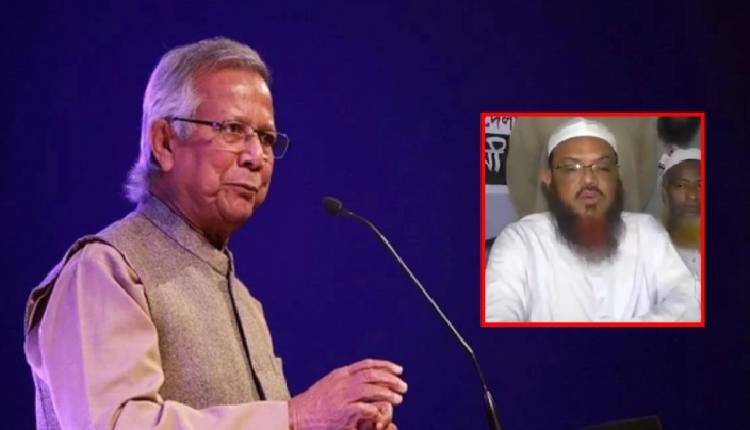Dhaka: Bangladeh faces a political crisis since disagreements between the interim government’s head, Mohammed Yunus, and the Army Chief, General Waker-uz-Zaman, have grown deeper. General Waker told Yunus that he must hold elections by December 2025. However, Yunus has not changed his mind, and he will not step down or organize elections on time. Sources say General Waker stated the military would obey only a popularly elected government, implying disagreements may escalate.
What started as a political problem has become a direct conflict between obeying the law and using power. The military and most political parties have criticized Yunus for not stepping down, saying they want democracy restored. The military appears to be increasingly challenging and undermining Yunus’ authority.
Mohammed Yunus’s stature as a man of change in Bangladesh has significantly shrunk nowadays. His administration has become more tied to hardline politicians, making key players feel alienated. Neither the Bangladesh Nationalist Party (BNP) nor the Awami League moderates support him anymore. Yunus is now politically isolated since Jamaat-e-Islami ceased collaboration with him.
Hardline religious leaders in Bangladesh who support Yunus have intensified their hostility toward India. One expert recently said, “The fate of Bangladesh is not tied to politics in Delhi,” even as India has not commented on the unfolding crisis. Those statements can potentially increase anxiety in the region and destabilize the country when Bangladesh’s political situation is delicate.
Although the Bangladesh Army hasn’t yet acted openly, there are clear messages: Yunus could give up his role, or military troops could step in. Generally, Bangladesh’s power changes have been influenced by the military. General Waker seems to be prepared to “reset” the system should democracy not progress. The next several weeks are crucial to see if Bangladesh can dodge another military takeover.



Comments are closed.